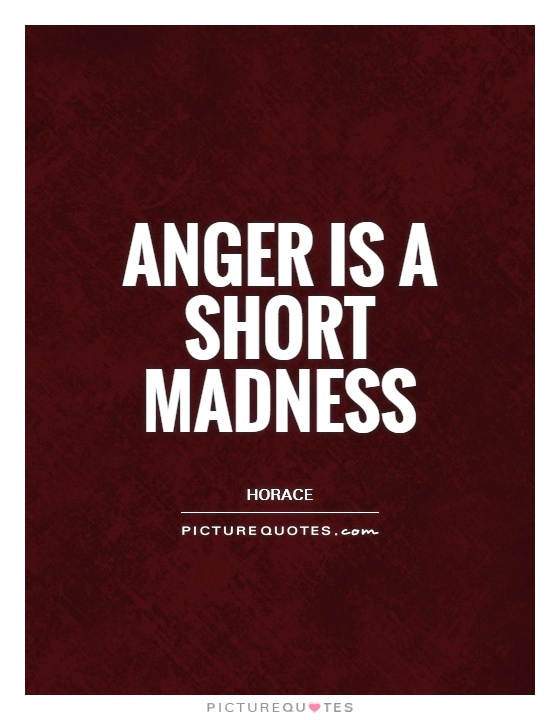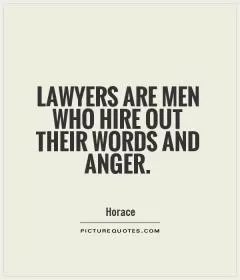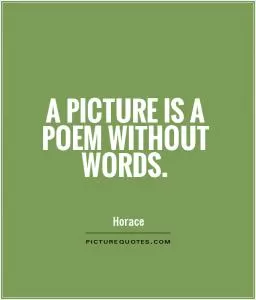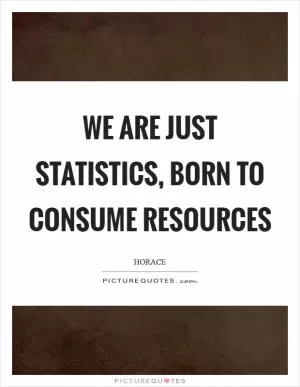Anger is a short madness

Anger is a short madness
In his famous quote, "Anger is a short madness," the Roman poet Horace captures the intense and irrational nature of anger. This powerful emotion has the ability to cloud our judgment, distort our perceptions, and lead us to act in ways that we may later regret. Horace's words serve as a reminder of the destructive potential of anger and the importance of controlling this volatile emotion.When we experience anger, our rational thinking often gives way to a surge of intense emotions. We may feel a sense of injustice, betrayal, or frustration that overwhelms our ability to think clearly. In this state of mind, we are more likely to act impulsively, saying or doing things that we may later come to regret. Anger can lead us to lash out at others, make hasty decisions, or engage in destructive behaviors that only serve to escalate the situation further.
Horace's comparison of anger to madness is particularly apt, as both states involve a loss of control over our thoughts and actions. In the grip of anger, we may feel as though we are not ourselves, as though we are being driven by forces beyond our control. This loss of self-awareness can be frightening, as we watch ourselves say and do things that we would never do in a calmer state of mind.
The consequences of unchecked anger can be far-reaching and damaging. Relationships can be strained or broken, reputations can be tarnished, and opportunities can be lost. In the heat of the moment, it can be difficult to see the long-term consequences of our actions, as anger blinds us to the bigger picture.
To avoid falling into the trap of anger, it is important to cultivate self-awareness and emotional intelligence. By learning to recognize the signs of anger and taking steps to calm ourselves before reacting, we can avoid the destructive consequences of this short-lived madness. Horace's words serve as a timeless reminder of the importance of mastering our emotions and maintaining control over our actions.












 Friendship Quotes
Friendship Quotes Love Quotes
Love Quotes Life Quotes
Life Quotes Funny Quotes
Funny Quotes Motivational Quotes
Motivational Quotes Inspirational Quotes
Inspirational Quotes